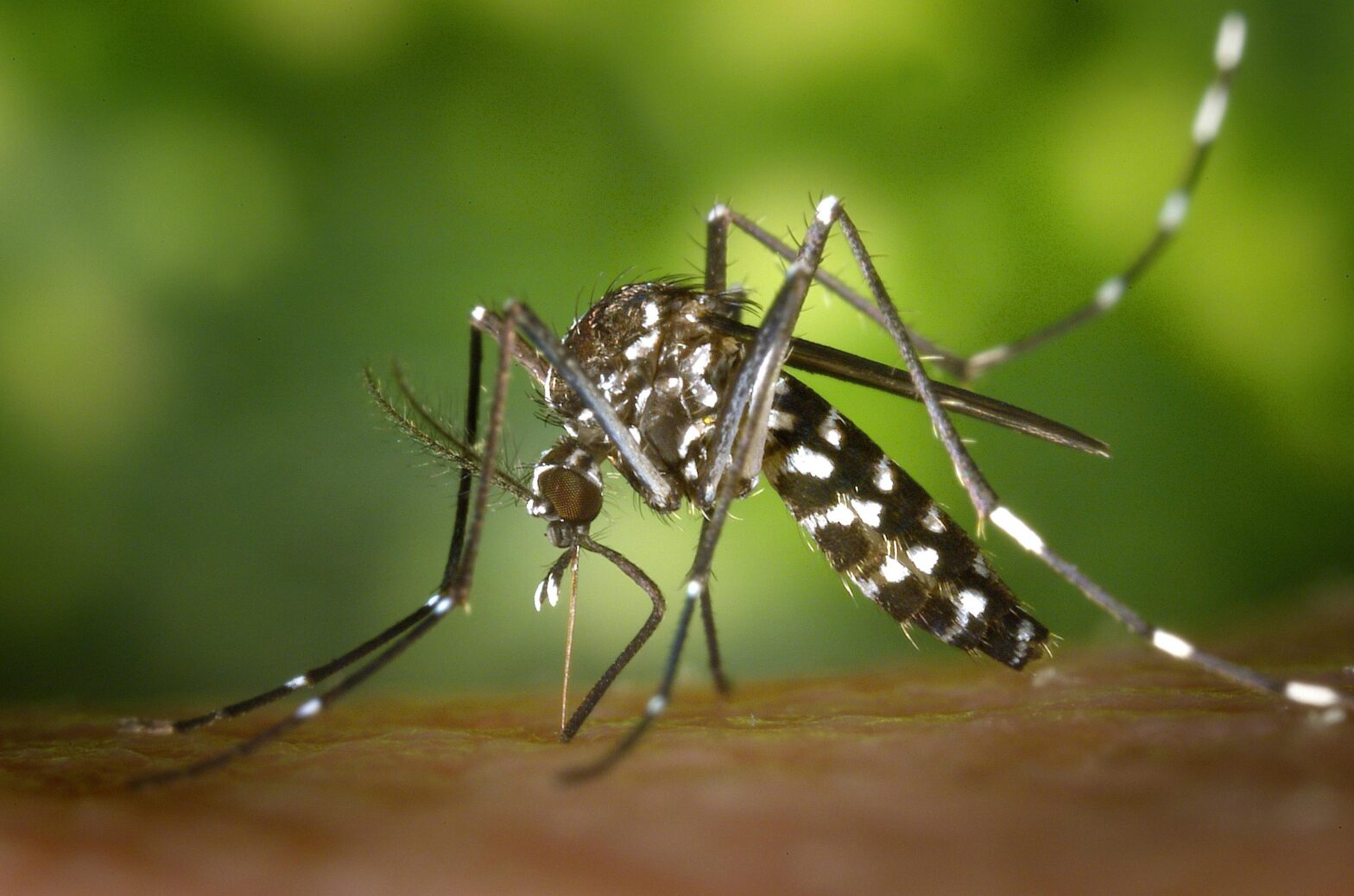The Centers for Disease Control and Prevention (CDC) has officially issued a Level 2 Travel Health Notice for travelers to China due to an ongoing chikungunya outbreak in Guangdong Province, with most cases reported in Foshan city.
Under this Level 2 advisory — Practice Enhanced Precautions — the CDC urges travelers to take extra care to avoid mosquito bites. Recommended preventive steps include:
• Using insect repellent
• Wearing long-sleeved shirts and pants
• Staying in places with air conditioning or window and door screens
The CDC now recommends vaccination for travelers visiting areas with a chikungunya outbreak. The United States has approved two chikungunya vaccines for use.
Pregnant travelers, especially near delivery, should reconsider visiting the area due to risk of passing the virus to their newborn. If travel is unavoidable, they should consult a healthcare provider to weigh vaccination risks and benefits.
Seek immediate medical care if you develop fever, joint pain, rash, or other related symptoms during or after travel.
Original Report (August 1, 2025):
The United States’ Centers for Disease Control and Prevention (CDC) is considering issuing a travel notice for visitors to China due to a chikungunya outbreak in a southern region of China.
According to The Independent, a spokesperson for the U.S. agency said, “[The] CDC is aware of the reported chikungunya outbreak in Guangdong Province in China and is currently assessing the size and extent of the outbreak.”
As of this report, the CDC hasn’t officially released a travel warning that those visiting China should heed regarding the chikungunya outbreak.
What Else Is There To Know About Chikungunya And Its Outbreak In China?
The CDC states that chikungunya spreads to humans via a bite from an infected mosquito.
The outbreak in China’s southern Guangdong province has included around 5,000 reported cases since early July. Travel And Tour World reported that the outbreak began with an imported case in Shunde, a district in Foshan, Guangdong Province.
According to the latter source, Guangdong’s public health officials have applied eradication efforts to control the virus’ spread. They’ve deployed drones to find standing water and added mosquito-eating fish to local lakes.
Translated from the Kimakonde language of southern Tanzania, “chikungunya” roughly means “that which bends up.” The virus was first identified in the East African country in the early 1950s. Now, though, there have reportedly been cases of chikungunya in over 110 countries. The virus is untreatable, but fatalities are rare. Symptoms include fever, joint and muscle pain, headaches, rashes, and joint swelling. The name is in reference to how the virus’ symptoms can make a person stoop or appear folded over due to the joint pain.
Travelers can check the CDC’s website to see whether getting a chikungunya vaccination is recommended before visiting their destination. Mosquitoes also carry several other viruses and diseases that put humans at risk, including malaria, dengue, yellow fever, Zika, and West Nile virus.





